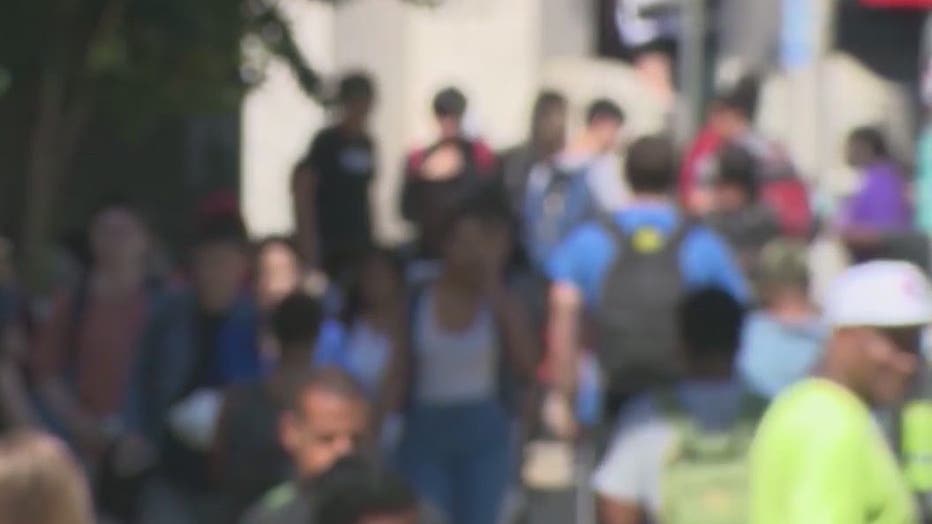Faculty, students say lack of transparency from UGA over COVID-19 cases

Students and faculty concerned about COVID on campus
Students and faculty at the University of Georgia say they are concerned with what they are calling a lack of transparency over COVID cases on campus.
ATHENS, Ga. - Students are only three weeks into the fall semestser at the University of Georgia, and coronavirus case number are some of the highest in the state in Clarke County. The Georgia Department of Public Health reports more than 1,200 cases in Clarke County in the last two weeks.
Some faculty and students say there is a lack of transparency from the University when it comes to COVID-19 cases on campus.
"Ordinarily, I would be very excited for the first day of class, but not this time," said Dr. John Knox, Professor of Geography at UGA.
Dr. Knox says the trend of positive cases in Clarke County is not surprising since about 30,000 students returned to campus in August.

"This was coming. We knew it, so the faculty are in a position of watching a train wreck and feeling powerless to change it," said Knox.
The University reported a total of 821 cases from August 24th through August 30th.
"My big fear was if I don't report it, and they find out I tested positive, what does that mean for me?" asked Jasmin Elphic, a UGA Freshman.
Elphic was one of the students who tested positive for COVID-19. She isolated at another dorm on campus.
"I couldn't really smell anything. I couldn't breathe through my nose," described Elphic.
Elphic says she reported her positive test result through an app called "DawgCheck". The University says it's mandatory for students, staff, and faculty to report positive cases there, but some students fear that's not always happening.
"I've heard some of the fraternities are telling their new pledges that they're either not allowed to get tested or if they do choose to get tested, they have to drive to Watkinsville or somewhere to get the test," said Martina Essert, a Freshman at UGA.
The University says it's committed to continuing the on-campus learning experience saying they've been able to support students who have tested positive for the virus. They also say many students are taking at least one class online, and when they meet in person, they're social distancing.
"My fear is that politics is driving this, and they won't make the switch to virtual learning," said Knox.
Dr. Knox says this impact spreads further than UGA, but to the community.
"This isn't just a UGA issue. It's not just in the classroom. It's not even just out of the classroom. It's the entire county," said Knox.

